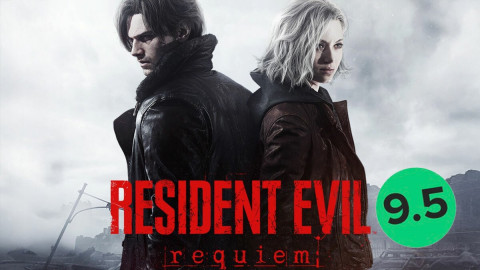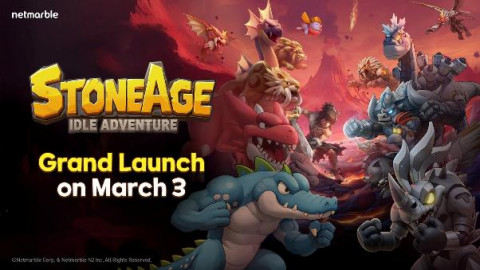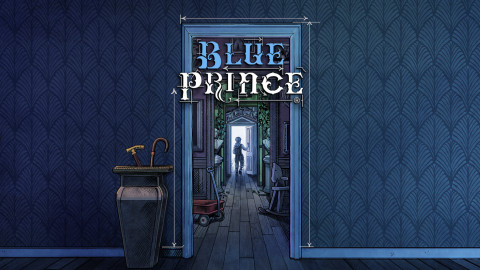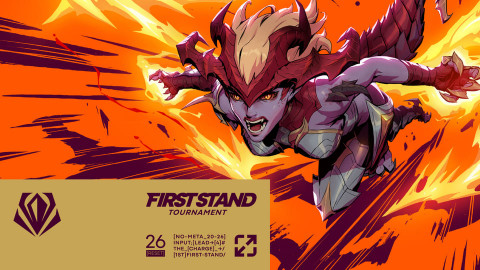
Disclaimer : The following article was written freely based on the author's opinion, and it may not necessarily represent Inven Global's editorial stance.
On Friday, Ubisoft unveiled Far Cry 5, the latest in the company’s line of open-world shooters. On paper, the game appears to be a major departure for the series. Ditching the exotic environments of the third and fourth games – which took players to a tropical island and the Himalayan mountains – the game is set in Montana. In place of a villain with cartoonish levels of evil is a cult leader who has attracted a significant following through religious extremism. In a current political climate that has seen the far-right only drift further in that direction and a violent young-Earth Creationist get elected to congress only days ago in none other than Montana, Far Cry 5 is, at least at first glance, the most serious game to ever come out of the studio. But when you peel back the cover just a bit, it’s clear that Ubisoft has still made a Far Cry game, and the company’s ability to balance its commentary with the entertainment expected of the franchise will determine its success.
To get a sense of what Ubisoft is trying to deliver, we must examine the material that the company has provided for the public thus far. The game’s somber announcement trailer shows a woman being forcibly removed from her home by armed guards. The narrator, a man named Joseph Seed who is commonly referred to as “the Father,” claims that those who have not yet joined the Eden’s Gate cult are suffering and that giving in could be the only way for them to be accepted – crucial if the world is actually approaching “the edge,” as he says.

It’s depressing, sensitive subject matter. Seed’s words not only draw parallels with other religious cults from America’s past like Jim Jones’ Peoples Temple, but also with white supremacist and neo-Nazi organizations. These hate groups often prey upon the lower-class – those with, presumably, “nothing left to lose” – by telling them that their problems can be blamed on another group of people. In the case of these race-based groups, the proverbial “other” are the Jews, Muslims, African-Americans, immigrants, and anyone else who isn’t white. With Eden’s Gate, it appears to be “sinners,” but the same basic principles apply. Undeterred by logic and outside influence and led by a charismatic leader, they set off on a violent path that many will walk for the rest of their lives.
What makes Far Cry 5’s premise so immediately controversial is that a large portion of players will be American. This isn’t a story we can necessarily stop when we turn the game off. Far-right religious extremism and far-right anti-religious extremism exist in our backyards. A president was elected last year who called for a ban on over a billion people because of their religious beliefs. People are murdered regularly for having a different concept of a deity or the afterlife than someone else. This isn’t in a foreign land. This isn’t “over there.” It’s in our backyard.

But much of this information comes from the first minutes of the game’s announcement trailer. Watch a little longer, and you’ll see that Far Cry 5 is still very much a Far Cry game. Planes zoom through the sky. Explosions send trucks flipping through the air. A grizzly bear chases a man down the street. A resistance fighter we’re introduced to, a pastor carrying a shotgun, seems to have come out of a Tarantino film. The game’s website also uses language that one wouldn’t associate with a subject so serious:
“In this expansive world, your limits and creativity will be tested against the biggest, baddest, and most ruthless enemy Far Cry has even seen. It’ll be wild and it’ll get weird, but as long as you keep your wits about you, the residents of Hope County can rest assured knowing you’re their beacon of hope,” the website states.
This sort of description, as well as the game’s more “Far Cry” features such as “hired fangs” to help in missions and weapons listed as “toys,” has me thinking that Far Cry 5’s political message could be little more than a façade for another action-packed tale filled with “crazy” moments to discuss at the water cooler. It would be a shame for its potential commentary to be wasted because of the desire to put entertainment front-and-center, but as a long-running and established series, Far Cry is burdened with players’ expectations.
That being said, I’d be a hypocrite if I didn’t stick by what I said in a column a few weeks ago: fun isn’t the enemy of storytelling. With a completely bleak and depressing tone, Ubisoft likely wouldn’t be able to deliver the “wow” moments so characteristic of Far Cry. But by making things just a little bit more absurd – much like Wolfenstein: The New Order did with its alternate-history take on the Nazis and World War II – Far Cry 5 can be entertaining while still staying true to its original message.
The challenge here will be in finding a way to preserve both the game’s entertainment and its political message without undermining either component. The BioShock series has largely been able to accomplish this, which the ever-popular criticism of “ludonarrative dissonance” not really holding water when factoring in the final game’s multi-universe and time travel elements. DICE’s Battlefield 1 also struck a fine balance in its campaign, with players experiencing the action of the “war to end all wars” while also seeing the trauma and grief that soldiers would face for the rest of their lives.

Ubisoft’s previous efforts to combine entertainment with message – political or otherwise – have been mixed. Its small-scale project Valiant Hearts: The Great War did a wonderful job, with its war story featuring almost no combat but allowing for tremendous character development through puzzle-based gameplay. Larger projects like Ghost Recon: Wildlands and especially Watch Dogs 2 were more problematic – though certainly an entertaining game, the latter was unable to commit fully to its “a computer is more powerful than a gun” message because missions would often devolve into full-on shootouts. Perhaps the game would have been worse off if it had eliminated weapons, but I can’t shake the feeling that there were more creative ways to work around using firearms.
For Far Cry 5’s story to succeed where those games failed, it must remain true to its message while still delivering a game experience filled with the open-world exploration, combat, and experimentation for which the series is known. How exactly this can be accomplished is anyone’s guess, but if Ubisoft can pull it off, Far Cry 5 could be the new standard for story-based shooters. If it fails, we could be left with something that disappoints those looking for a worthwhile narrative and explosion-laden escapism.

Sort by:
Comments :0






